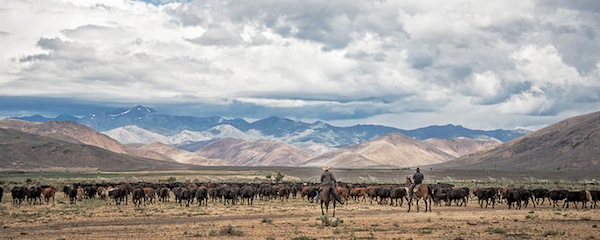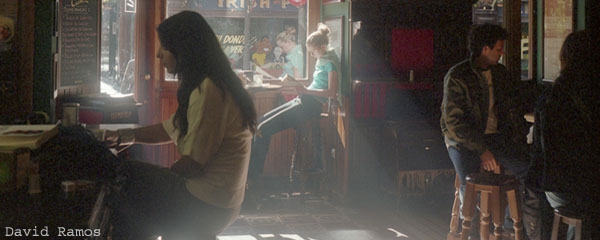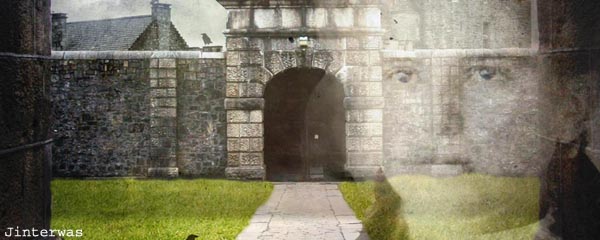STEPHEN DEVEREUX sees the modern world reflected in Joseph Conrad’s tragic story of a shipwrecked migrant: A lesser writer might have been content with the telling of a story of how a poor uneducated girl overcomes the xenophobia of a rural community, but Conrad has only just begun.
ALEX RUCZAJ explores the shapes and patterns of story writing: ‘In Kurt Vonnegut’s wonderful lecture on the shapes of stories, he draws curve after curve on his blackboard, showing the story arc – the ‘beautiful shapes’ that all traditional stories follow…’
MARJORIE LEWIS-JONES recommends the short stories of Australian author Mark O’Flynn: ‘His short stories simmer with suburban uneasiness, dislocation and melancholy, and voices that are both familiar and eccentric. They also tap the rich vein of comedy that lurks beneath life’s awkward and painful moments…’
LYNDA NASH guides us through a selection of exercises to battle those writing demons: ‘It’s difficult to write when your inner critic is telling you that your ideas are stupid, that you couldn’t string a decent sentence together to save your life, and that if you were a ‘proper writer’ you wouldn’t get blocked in the first place…’
Professor CHARLES E. MAY examines the love story of ‘Brokeback Mountain’ by Annie Proulx: ‘The fact of the matter is: Jack and Ennis love each other – with tenderness, passion, and concern – and people who love each other in this way – regardless of their gender – desire to be physically close…’
PATRICIA DUFFAUD examines the short stories in Juan Goytisolo’s The Party’s Over – Four Attempts to Define a Love Story: ‘We feel the heat, we see and smell the “piles of pressed grapes fermenting in the sun” and we are there, trapped with the characters inside their lives…’
‘From the story’s opening, there has always been violence lurking at the periphery, like the many tentacled horrors of a story by Lovecraft…’ MORGAN OMOTOYE explores the darkness and beauty of Denis Johnson’s short story ‘Two Men’.
G. F. PHILLIPS examines the creative and destructive elements of class, gender, work and home in Lawrence’s ‘Odour of Chrysanthemums’: ‘an embedded narrative, ever-present, impinges on the lives of Lawrence’s industrial workers, so that the domestic squabbles are nearly always about work-related problems…’
MIKE SMITH unearths the moral dilemmas of Marc Le Goupils’ short story ‘The Cross-Roads’: ‘Laid almost reverently in the wheelbarrow, with a soft pillow to support her head, the gypsy woman is trundled from place to place in search of somewhere she can die, at someone else’s expense…’
‘By the time these pieces were published, he had established a life in the world of literature and journalism, a life of editing with a reputation for impeccable taste and criticism…’ J.K. FOX finds quiet elegance and profundity in Francis Wyndham’s The Other Garden and Collected Stories.









